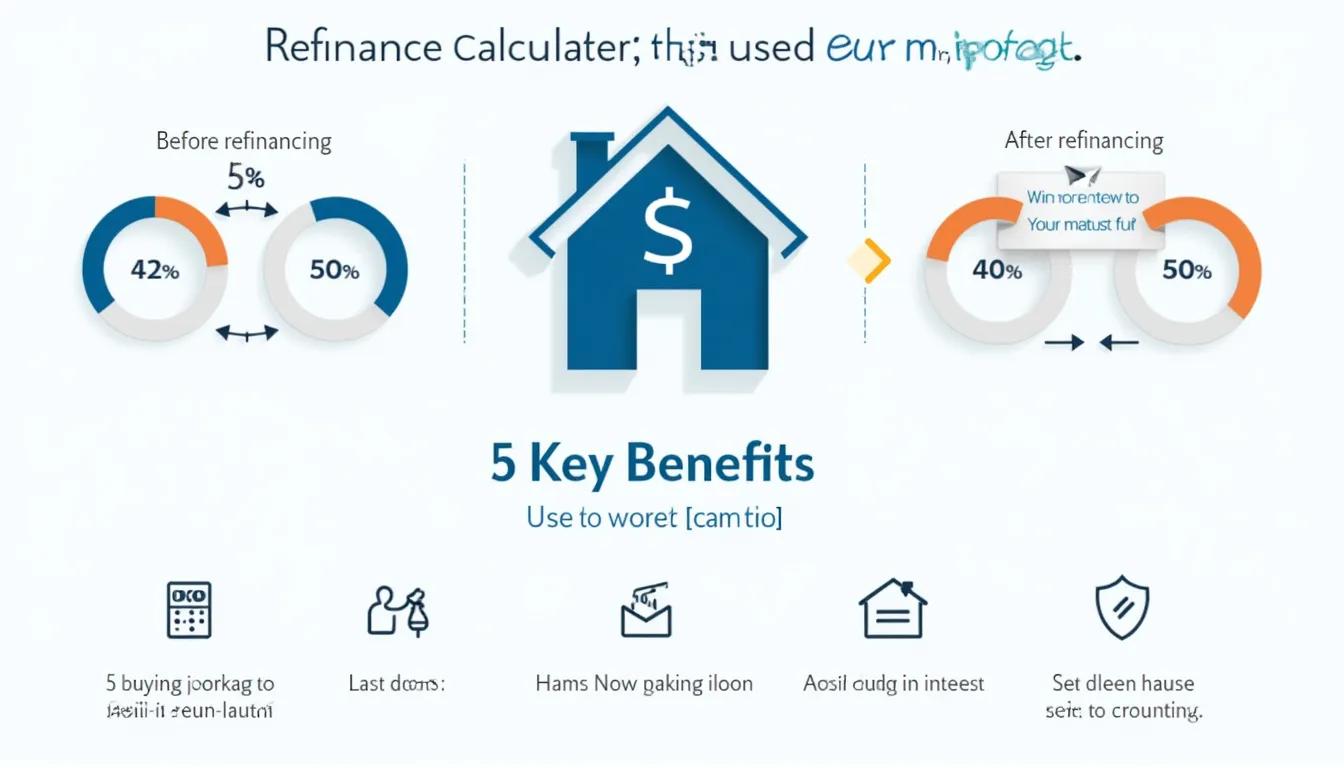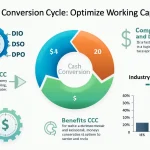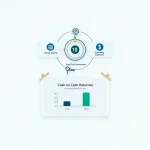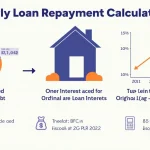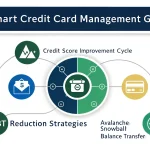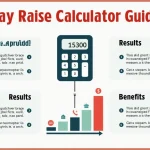Refinance Calculator
Is this tool helpful?
How to use the tool
Follow these seven steps, adding realistic numbers from your situation.
- Current Loan Amount ($)
Example inputs: 250 000 or 275 500 - Current Interest Rate (%)
Example inputs: 3.90 or 6.20 - Current Loan Term (years)
Example inputs: 25 or 18 - Time Remaining (years)
Example inputs: 12 or 8 - New Interest Rate (%)
Example inputs: 2.95 or 3.30 - New Loan Term (years)
Example inputs: 22 or 12 - Cash-Out Amount ($)
Example inputs: 15 000 or 5 000
Key formulas used
Monthly payment
$$ M = P \; rac{r(1+r)^n}{(1+r)^n-1} $$- P – principal
- r – monthly rate (annual / 12)
- n – total monthly payments
Remaining balance after t months
$$ B = P(1+r)^t – M \; rac{(1+r)^t – 1}{r} $$Total interest
$$ I = (M \times n) – P $$Worked example
- Loan amount P = $250 000
- Rate = 3.90 % ⇒ r = 0.039 / 12 = 0.00325
- Term n = 25 × 12 = 300
Monthly payment:
$$ M = 250\,000 \; rac{0.00325(1+0.00325)^{300}}{(1+0.00325)^{300}-1}= \$1\,319.73 $$After five years (t = 60), balance:
$$ B = 250\,000(1+0.00325)^{60} – 1\,319.73 \; rac{(1+0.00325)^{60}-1}{0.00325}= \$222\,864 $$Refinancing this balance for 22 years at 2.95 % (r = 0.00246, n = 264) yields:
$$ M_{\text{new}} = 222\,864 \; rac{0.00246(1+0.00246)^{264}}{(1+0.00246)^{264}-1}= \$1\,119.04 $$Monthly saving ≈ $200.69.
Quick-Facts
- Average 30-year fixed refinance rate: 6.79 % in Jul 2023 (Freddie Mac PMMS, 2023).
- Typical refinance closing costs: 2 – 5 % of loan amount (ClosingCorp Report, 2022).
- FHA loans require a 6-month seasoning before refinance (HUD Handbook 4000.1).
- Break-even months = closing costs ÷ monthly savings (CFPB, “Refinance Checklist”, 2023).
FAQ
What is mortgage refinancing?
Refinancing replaces your existing loan with a new one to change rate, term, or cash-out amount (CFPB, 2023).
How do I know if refinancing saves money?
Compare the new monthly payment and total interest to current figures; the calculator does both instantly.
What fees should I expect?
Appraisal, origination, and title charges usually total 2 – 5 % of the balance (ClosingCorp Report, 2022).
How long until I break even?
Divide total closing costs by estimated monthly savings; if the result exceeds your move date, rethink the deal.
Can I refinance with poor credit?
Yes, but expect higher rates; lenders offered 1.5 pp more to scores <640 (FICO Market Report, 2023).
Does refinancing reset my amortization?
Yes. A new term restarts the amortization schedule, extending interest accrual unless you pick a shorter term.
Is cash-out taxable?
The cash is loan proceeds, not income, so federal tax does not apply (IRS Pub. 936, 2022).
How often can I refinance?
No federal limit, but many lenders impose 120-day waiting periods between refinances (Experian, 2023).
Important Disclaimer
The calculations, results, and content provided by our tools are not guaranteed to be accurate, complete, or reliable. Users are responsible for verifying and interpreting the results. Our content and tools may contain errors, biases, or inconsistencies. We reserve the right to save inputs and outputs from our tools for the purposes of error debugging, bias identification, and performance improvement. External companies providing AI models used in our tools may also save and process data in accordance with their own policies. By using our tools, you consent to this data collection and processing. We reserve the right to limit the usage of our tools based on current usability factors. By using our tools, you acknowledge that you have read, understood, and agreed to this disclaimer. You accept the inherent risks and limitations associated with the use of our tools and services.
